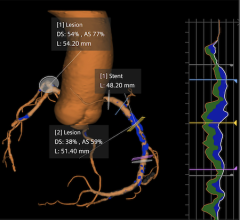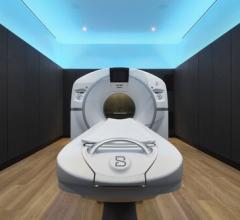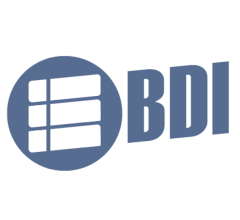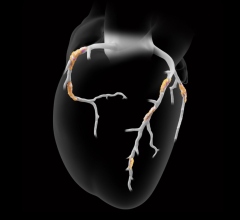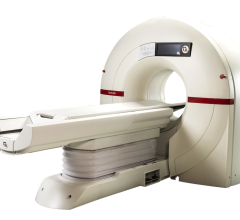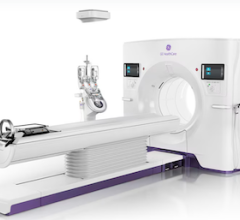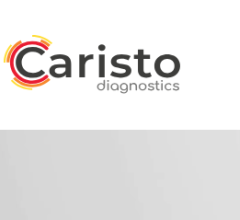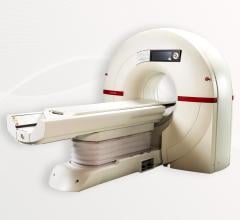The Centers for Medicare and Medicaid Services (CMS) announced a final rule Feb. 1, 2013, that will increase public disclosure of financial relationships between drug and device manufacturers and physicians and teaching hospitals. Called the “National Physician Payment Transparency Program: Open Payments,” this is one of many steps in the Affordable Care Act designed to create greater transparency in the healthcare market.
This increased transparency is intended to help reduce the potential for conflicts of interest that physicians or teaching hospitals could face as a result of their relationships with manufacturers.
“You should know when your doctor has a financial relationship with the companies that manufacture or supply the medicines or medical devices you may need,” said Peter Budetti, M.D., CMS deputy administrator for program integrity. “Disclosure of these relationships allows patients to have more informed discussions with their doctors.”
This rule finalizes the provisions that require manufacturers of drugs, devices, biologicals and medical supplies covered by Medicare, Medicaid or the Children’s Health Insurance Program (CHIP) to report payments or other transfers of value they make to physicians and teaching hospitals to CMS. CMS will post that data to a public website. The final rule also requires manufacturers and group purchasing organizations (GPOs) to disclose to CMS physician ownership or investment interests.
Support for the law was voiced by vendors in a statement from the Medical Imaging and Technology Alliance (MITA), an industry group of medical imaging equipment, radiation therapy and radiopharmaceutical manufacturers and product developers. “MITA and our member companies have long supported the Sunshine Act and commend CMS for issuing the final regulations,” MITA said. “We appreciate that CMS has given device manufacturers 180 days after publication to implement the final regulations, so that our members have sufficient time to successfully implement the law. MITA looks forward to conducting a thorough review of the rule, so we are able to help our members fully understand the provisions.”
This new reporting will apply to applicable manufacturers and GPOs. These organizations, as well as the physicians and teaching hospitals, will have an opportunity to review and correct reported information prior to its publication.
In order to give applicable manufacturers and applicable GPOs sufficient time to prepare, data collection will begin on Aug. 1, 2013. Applicable manufacturers and applicable GPOs will report the data for August through December of 2013 to CMS by March 31, 2014, and CMS will release the data on a public website by Sept. 30, 2014. CMS is developing an electronic system to facilitate the reporting process.
This type of disclosure is not new in devices-intensive specialties such as cardiology, as public disclosures are already required as part of their publication in most peer review journals and at scientific meetings. At the annual Transcatheter Cardiovascular Therapeutics (TCT) meeting, all speakers in sessions are required to show a slide of their financial connections with vendors for 10 seconds prior to beginning their discussions.
Origins of the Sunshine Act
Sen. Chuck Grassley (R-Iowa) is the co-author of the bipartisan Sunshine Act, which was enacted in March 2010, but the final rules for its implementation were only announced Feb. 1. The legislation came after Grassley’s investigative and oversight work that exposed numerous questionable financial relationships between drug companies and doctors. For example, at Stanford University, the chairman of psychiatry received a federal grant to study a drug, while partially owning as much as $6 million in stock in a company that was seeking federal approval of that drug. After exposure, the federal government removed the individual from the grant.
“Disclosure brings about accountability and accountability will strengthen the credibility of medical research, the marketing of ideas and, ultimately, the practice of medicine,” Grassley said in a statement this week. “The lack of transparency regarding payments made by the pharmaceutical and medical device community to physicians has created a culture that this law should begin to change substantially. The reform represented by the Grassley-Kohl Sunshine Law is in patients’ best interests. The goal is straightforward and CMS needs to make certain the reporting and disclosure are complete and clear.”?
More Than Half of Physicians are Unprepared
While the disclosures now required in the Sunshine Act may by commonplace in some specialties, it is not in others, where it will be a major change from previous practice. Global technology security company MMIS this week announced the results of its third annual survey of more than 1,000 doctors and their knowledge of the Sunshine Act. It found that physicians are actually less informed than they were one year ago.
The survey revealed more than half of surveyed physicians admitted they did not know that the law requires pharmaceutical and medical device companies to report on expenditures annually, and that such information would be available in a publicly searchable database. It showed 63 percent were deeply concerned that a record of these payments will be available in a publicly searchable database.
Additional survey findings disclose that 21 percent of physicians would sever their relationship with a manufacturer who reported inaccurate information about payments or transfers of value if disclosed to the public, and 43 percent admitted this would affect their ongoing relationship with industry. The survey also included written physician comments and concerns; these ranged from loss of privacy to a lack of awareness on the part of the general public as to the context of physician/industry relationships.
"There are approximately 3,000 manufacturers of drugs and devices providing valuable education and resources to physicians that enhance patient care. Increasing transparency of the relationship between industry and our healthcare providers will undoubtedly encourage scrutiny by the public, physician peers and their institutions," said CEO of MMIS, Michaeline Daboul. "Government, industry and physician organizations will need to increase communication in this new age of transparency, share data prior to public dissemination and provide a process for physicians and institutions to resolve disputes regarding incorrect or inaccurate information."
According to the survey, 54 percent of physicians who had industry relationships received samples, 57 percent received food or beverages in the workplace, 48 percent participated in a medical industry sponsored program, 11 percent participated in speaker bureau programs, 10 percent participated in advisory board programs and most surprisingly, 2 percent are still accepting free event tickets or gifts.
MMIS, Inc. conducts this study annually to understand physician awareness and attitudes as they relate to the Sunshine Act. The study was conducted by The Regulatory Law Group PLLC, using Healthcare Data Solutions' database of physicians, between Jan. 17-18, 2013.


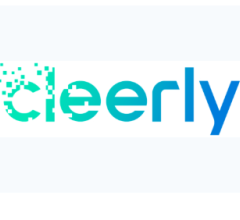
 January 07, 2026
January 07, 2026 
